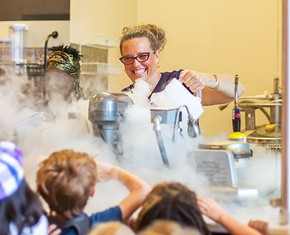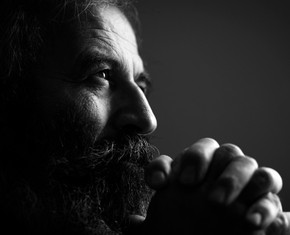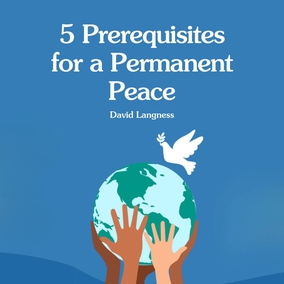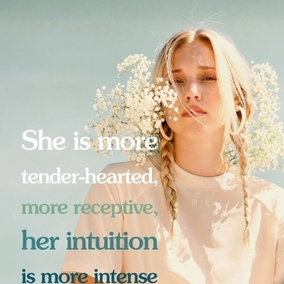The views expressed in our content reflect individual perspectives and do not represent the authoritative views of the Baha'i Faith.
In some meaningful conversations, we engage in deeply cathartic bonding over agreed unhappiness with the state of the world—but is this our ultimate goal?
Often these conversations end without a deeper analysis of the problems in the world. We express despair, discontent, anger, and any other feelings running through us. Although we certainly need to assess our issues, shouldn’t there be a next step?
We can deepen these conversations by moving beyond analysis or contextualization of problems—and take it a step further by examining how we can attempt to ameliorate the world’s wounds. We can have solution-oriented conversations, rather than solely focusing on the problems.
In your next meaningful conversation, when one of the world’s severe problems comes up, ask one of these questions:
- What would it take to solve the problem?
- What can we do, personally, to address this tough issue?
- How could a global group of committed people make a difference?
Maybe a surprisingly viable solution will emerge—and even if a solution doesn’t come out of the conversation, by asking the question you will have encouraged those around you to think about things from a different perspective.
While it can feel overly optimistic to even start to address problems, implementing solutions is possible—even when they’re not easy. Humanity has addressed issues and resolved problems in the past, after all. In order to keep ourselves grounded in reality, we have to acknowledge the high level of sacrifice and effort it will take to see global change happen, but still have hope:
All knowledge is good, but it can bear no fruit except by action. … We hope the people realize and know that unity is good, and we also hope that they will not be content to stand still in that knowledge. Do not only say that Unity, Love and Brotherhood are good; you must work for their realization. – Abdu’l-Baha, Abdu’l-Baha in London, p. 60.
Be not dismayed if your endeavors are dismissed as utopian by the voices that would oppose any suggestion of fundamental change. Trust in the capacity of this generation to disentangle itself from the embroilments of a divided world. – The Universal House of Justice, 20 July 2000, p. 2.
Many people, for obvious reasons, lack hope at this current moment in history. Instead of just dwelling on all the dark reasons we might not have hope, maybe we should ask ourselves: What would make me more hopeful? Does spending time with children, the future leaders of our world, help me have hope? Do prayer and meditation give me hope? Do I need to spend more time learning about what good people are doing to address the world’s problems?
Every person requires something different, so asking these questions and slowly but surely stoking hope within our hearts can lead to brighter conversations—conversations that construct a better and healthier society.
Words have deep impact on the world around us. Though what we talk about means very little without reflective action, through the conversations we have we can plant seeds for change in the world around us.
















Comments
Sign in or create an account
Continue with Googleor